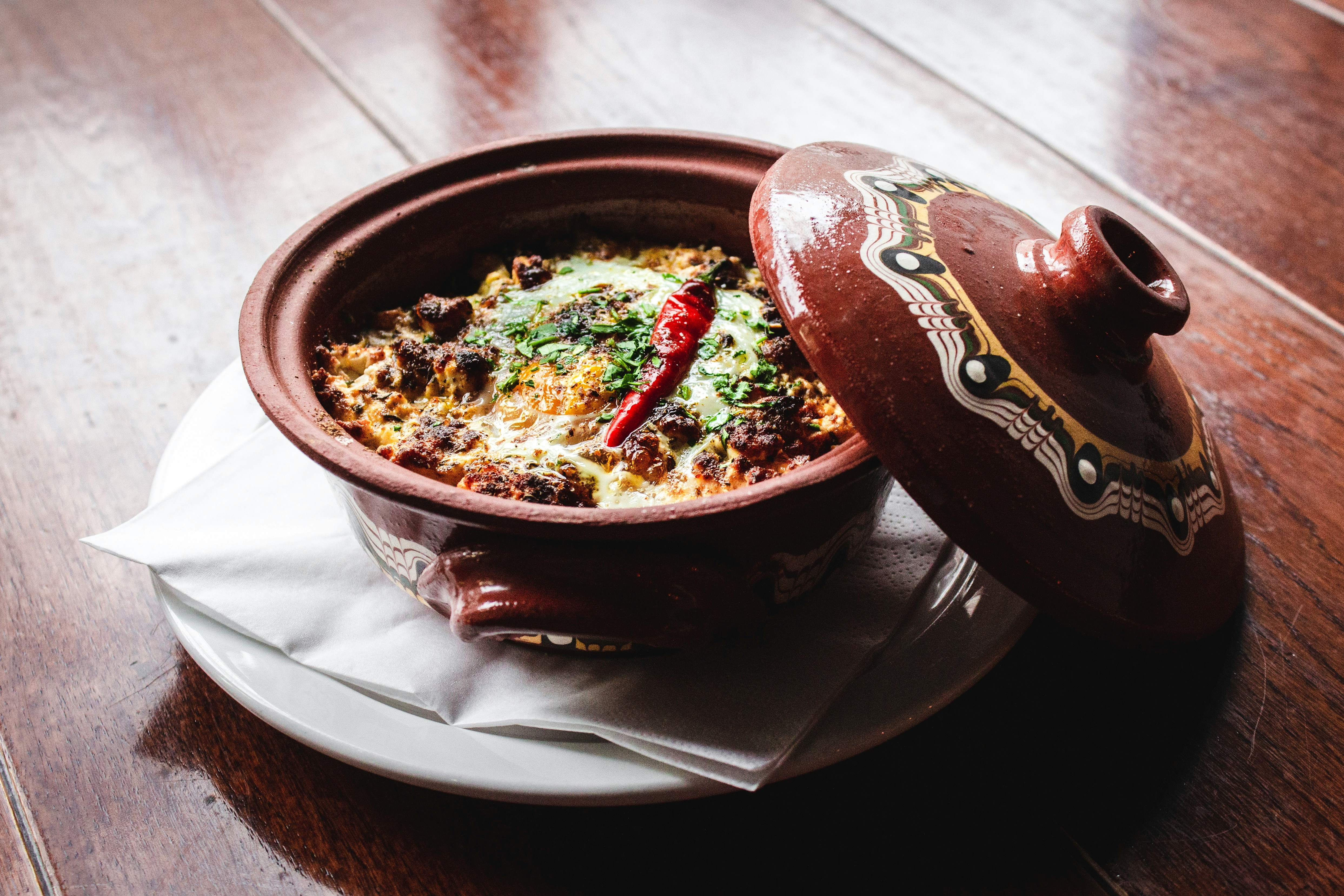Are These Foods Contributing to Your Constipation?
Constipation often results from multiple factors, and diet plays a key role. By identifying foods that may hinder digestion, you can make better dietary choices to support regularity. This article highlights food types commonly linked to constipation.

What role does red meat play in digestion?
Red meat has a complex relationship with our digestive system. While it provides essential nutrients like protein, iron, and vitamin B12, excessive consumption can pose challenges to gut health. Red meat is high in saturated fat and can be difficult to digest, potentially leading to constipation and increased risk of inflammatory bowel diseases.
Moreover, studies have shown that a diet high in red meat may alter the gut microbiome, favoring the growth of bacteria associated with intestinal inflammation. To maintain digestive balance, it’s advisable to consume red meat in moderation and opt for leaner cuts when possible.
How do refined grains affect gut health?
Refined grains, such as white bread, pasta, and rice, have been stripped of their bran and germ layers, leaving behind mostly starch. This processing removes much of the fiber, vitamins, and minerals that are beneficial for gut health. The lack of fiber in refined grains can slow down digestion and lead to constipation.
Furthermore, refined grains are quickly broken down into sugar, causing rapid spikes in blood glucose levels. This can negatively impact the gut microbiome by promoting the growth of harmful bacteria. To support digestive health, it’s best to choose whole grains, which provide essential fiber and nutrients that feed beneficial gut bacteria.
What’s the truth about dairy and constipation?
The relationship between dairy and constipation is not straightforward and can vary from person to person. While some individuals may experience constipation after consuming dairy products, others may not be affected at all. The potential for dairy to cause constipation is often linked to lactose intolerance or milk protein sensitivity.
For those who are lactose intolerant, consuming dairy can lead to bloating, gas, and altered bowel movements. However, fermented dairy products like yogurt and kefir contain probiotics that can actually improve gut health and regularity. If you suspect dairy is causing digestive issues, consider trying lactose-free options or plant-based alternatives.
How does sugar impact gut health?
Excessive sugar consumption can have detrimental effects on gut health. Sugar feeds harmful bacteria and yeast in the gut, potentially leading to an imbalance in the microbiome. This imbalance can cause inflammation, increased intestinal permeability (leaky gut), and a range of digestive issues.
High sugar intake may also reduce the diversity of gut bacteria, which is crucial for a healthy digestive system. To promote better gut health, it’s important to limit added sugars in your diet and opt for natural sweeteners like whole fruits, which provide fiber along with their sweetness.
Which high-fat foods should be limited for better digestion?
While some fats are essential for health, certain high-fat foods can be challenging for digestion. Foods high in saturated and trans fats, such as fried foods, processed snacks, and fatty cuts of meat, can slow down digestion and lead to discomfort. These foods may also promote inflammation in the gut and contribute to the development of digestive disorders.
To support digestive health, it’s advisable to limit intake of these high-fat foods and instead focus on sources of healthy fats. Avocados, nuts, seeds, and fatty fish like salmon contain beneficial omega-3 fatty acids that can help reduce inflammation and support gut health.
What are some gut-friendly food choices to improve digestion?
Incorporating gut-friendly foods into your diet can significantly improve digestive health. Probiotic-rich foods like yogurt, kefir, and sauerkraut introduce beneficial bacteria to the gut. Prebiotic foods, such as garlic, onions, and bananas, provide nourishment for these good bacteria.
Fiber-rich foods, including fruits, vegetables, and whole grains, promote regular bowel movements and feed beneficial gut bacteria. Lean proteins like fish and poultry are easier to digest than red meat. Lastly, staying hydrated by drinking plenty of water is crucial for maintaining a healthy digestive system.
To help you make informed choices about gut-friendly foods, here’s a comparison of common food items and their impact on digestion:
| Food Item | Digestive Impact | Recommended Intake |
|---|---|---|
| Whole Grains | Positive - High in fiber | Daily |
| Refined Grains | Negative - Low in fiber | Limit or avoid |
| Yogurt (with live cultures) | Positive - Contains probiotics | 1-2 servings daily |
| Red Meat | Mixed - High in protein but can be hard to digest | 1-2 times per week |
| Leafy Greens | Positive - High in fiber and nutrients | Daily |
| Processed Snacks | Negative - High in unhealthy fats and additives | Limit or avoid |
Prices, rates, or cost estimates mentioned in this article are based on the latest available information but may change over time. Independent research is advised before making financial decisions.
In conclusion, maintaining a balanced diet rich in whole foods, fiber, and probiotics while limiting processed foods, added sugars, and excessive red meat consumption can significantly improve gut health and overall digestion. Remember that individual responses to foods can vary, so it’s essential to pay attention to your body’s signals and consult with a healthcare professional if you have persistent digestive issues.
This article is for informational purposes only and should not be considered medical advice. Please consult a qualified healthcare professional for personalized guidance and treatment.
The shared information of this article is up-to-date as of the publishing date. For more up-to-date information, please conduct your own research.




